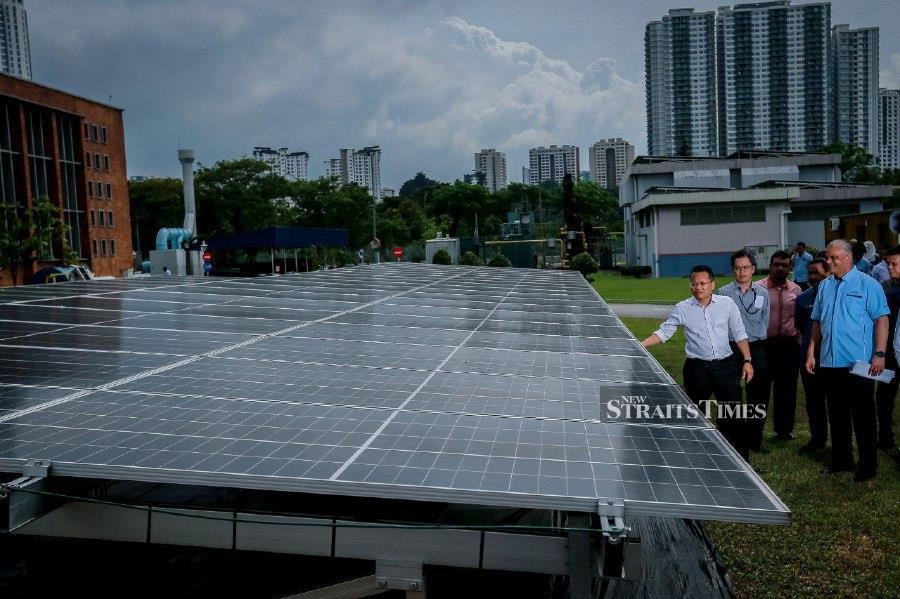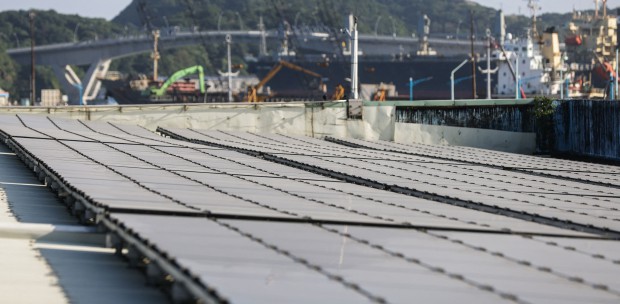KUALA LUMPUR: A comprehensive reform of the power supply industry and introduction of policies that ensure government business activities compete fairly in the market are needed to unlock new investment opportunities and advance green growth.
Institute for Democracy and Economic Affairs (IDEAS) revealed this in its "Competitive Neutrality in the Malaysian Power Sector: Removing Barriers for a Greener and More Innovative Energy Industry" research paper released on Thursday (Dec15).
Assistant Professor of Management at the Asia School of Business Renato Lima de Oliveira said in his report that while the existing regulatory framework in Malaysia has served well in providing affordable and reliable energy, it may no longer be suitable for fostering innovation, energy efficiency, and decarbonisation.
"Policymakers must consider reforms that promote competition, attract private investment in renewables, and reduce fossil fuel subsidies to mobilise the necessary funds for a sustainable energy transition, estimated to be up to US$ 415 billion until 2050," Renato said.
His report advocates for the introduction of competitive pressures to accelerate decarbonisation and attract new investments.
Based on his findings, Ideas found an analysis of power plant data shows a high level of concentration of the generation sector in the hands of a handful of players and in carbon-heavy assets.
However, it said one exception is the emerging solar energy industry, which has lower barriers of entry and a regulatory framework which supports the entry of new players.
The report underscores the complexity of fostering competition in the electricity sector, given the formidable barriers to entry and the prominent role of the state.
"The risks associated with inadequate competition, particularly in sectors characterized by these challenges, necessitate a focused effort to enhance the regulatory framework in Malaysia's electricity sector," Renato said.
He proposes measures to improve competitive neutrality, such as streamlining the form of government in business, identifying the costs of non-commercial functions, and adopting rigorous criteria for public procurement and licensing to reduce political influence and improve transparency.
"This will help to augment the share of renewable energy and cultivate a more competitive market, aligning with the key principles of the National Energy Transition Roadmap (NETR)," he said.






